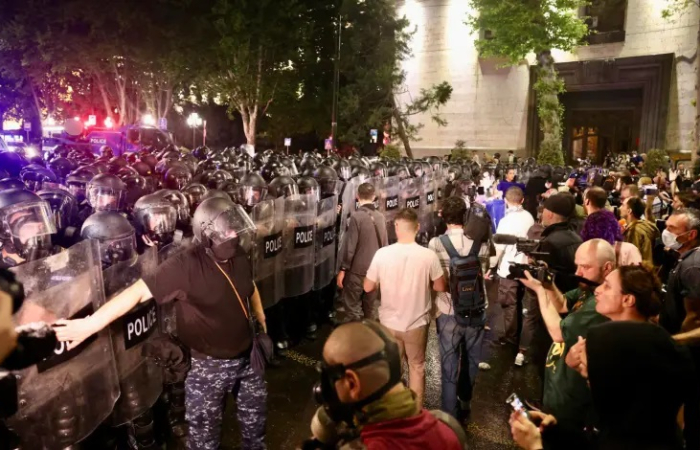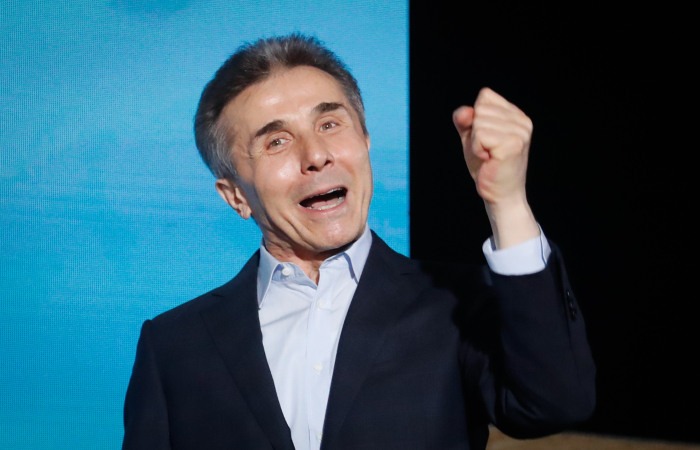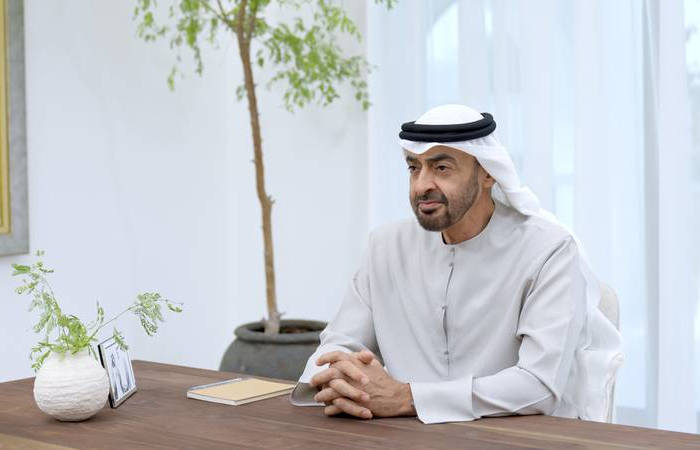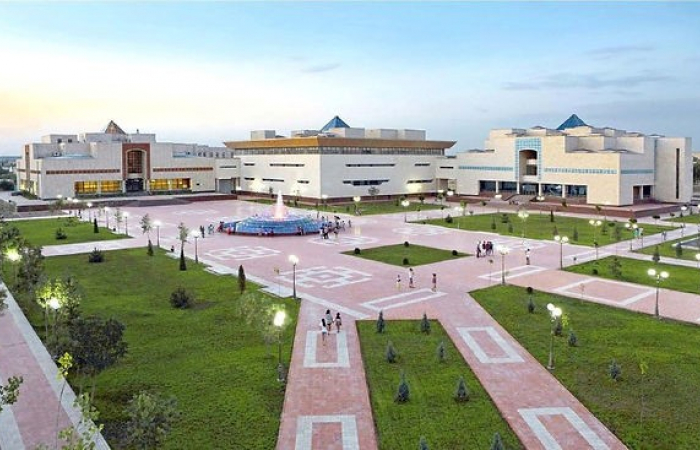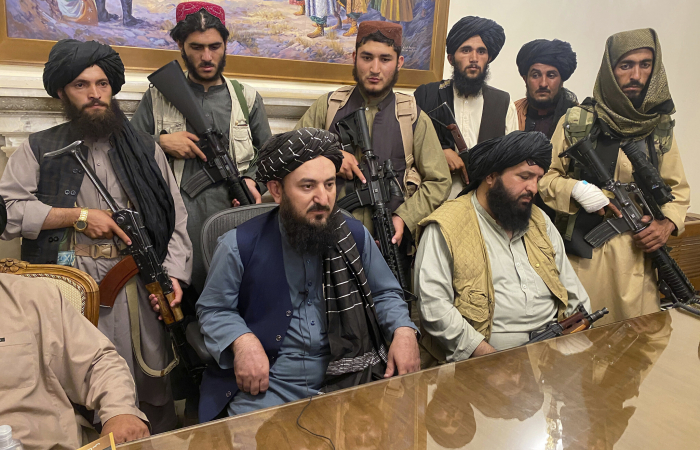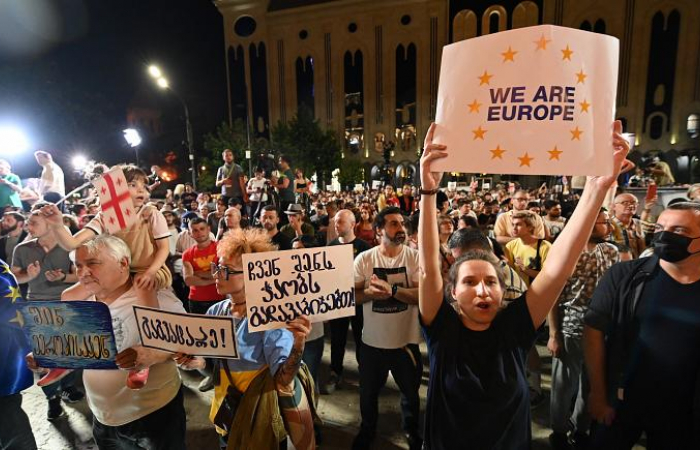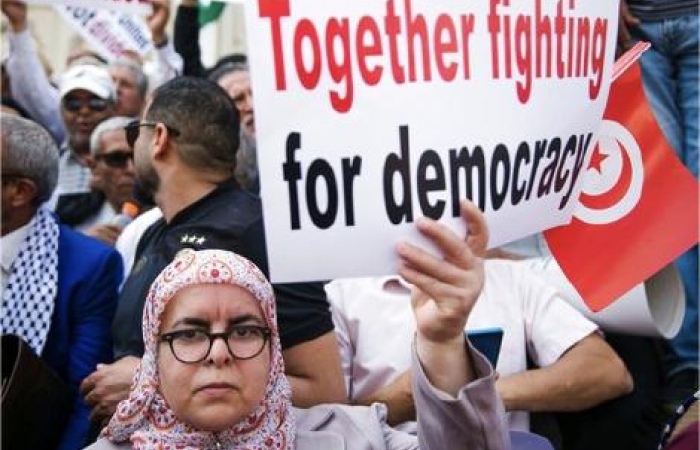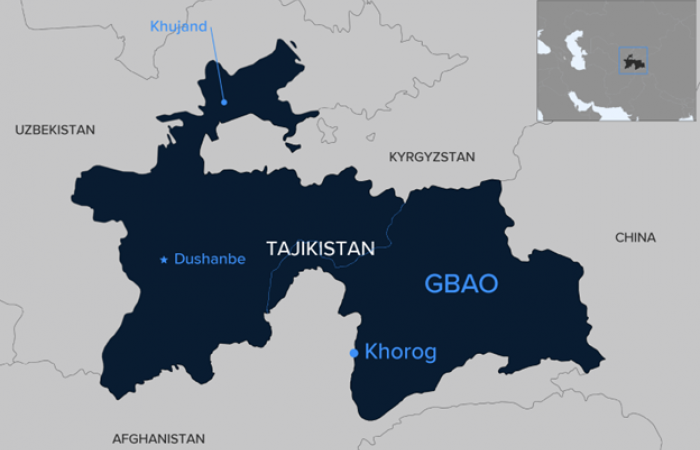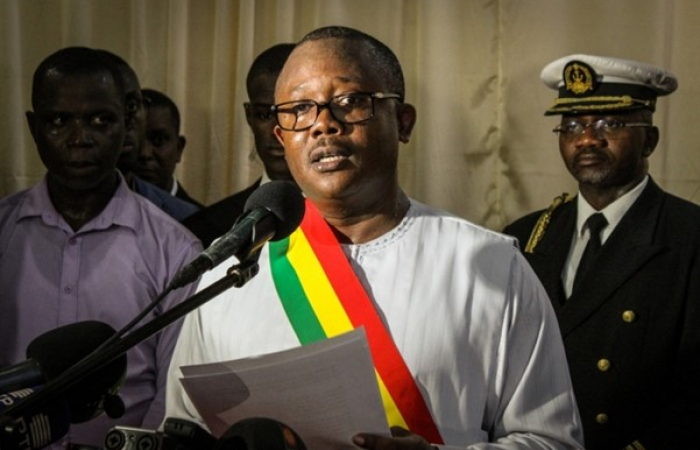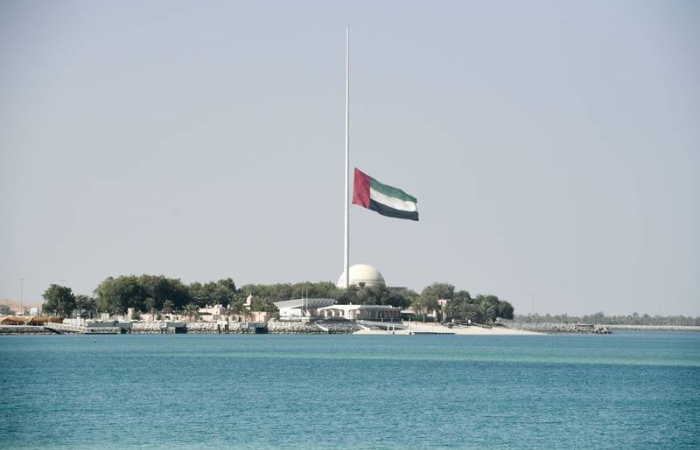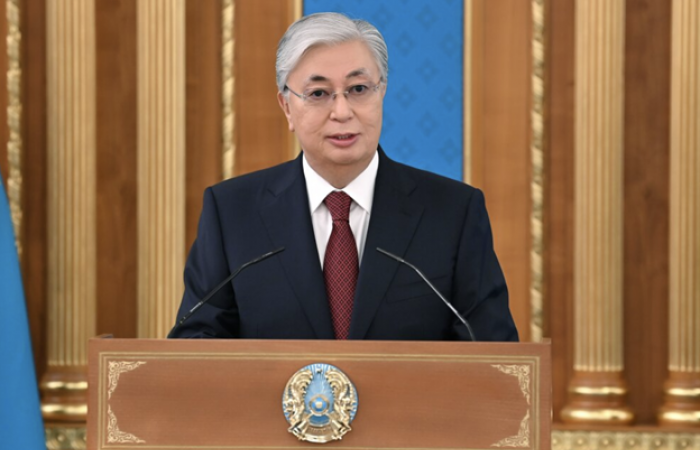Trending
Opposition leader amongst those injured after police break up anti government protests in Georgia
1 May 2024
Riot police in Georgia have fired tear gas and water cannon to disperse crowds protesting against a bill seen by the opposition as targeting media freedoms and narrowing the space for the work of civil society.
Demonstrators threw eggs and bottles at the police outside the parliament in the capital, Tbilisi.
The crowds retreated, but clashes continued on the main Rustaveli Avenue late on Tuesday. A number of people were reportedly injured and detained. Georgia's IPN news agency says that Levan Khabeishvili, chairman of the main opposition party United National Movement, was severely beaten and taken to hospital. He was later shown in a hospital bed where he is said to have a broken nose.
Reuters news agency says that eyewitnesses saw some police officers physically attack protesters.
On 17 April, MPs gave their initial backing to the "foreign agent" bill. The bill is now going through its last stages in parliament.
Under the bill proposed by the ruling Georgian Dream party, non-governmental organisations (NGOs) and independent media that receive more than 20% of their funding from foreign donors would have to register as organisations "bearing the interests of a foreign power".
They would also be monitored by Georgia's justice ministry and could be forced to share sensitive information - or face hefty fines of up to 25,000 Georgian lari ($9,400).
The passing of the bill in its first reading triggered a series of street protests.
Opponents of the bill demand that the government scrap it, arguing that it is inspired by authoritarian legislation that neighbouring Russia uses to crush dissent.



